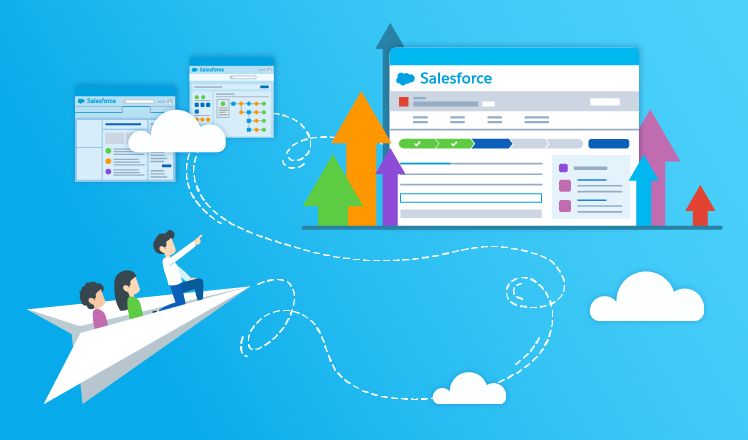Mastering Salesforce Project Management
In today’s fast-paced business environment, effective project management is key to success. Salesforce, renowned for its robust CRM capabilities, offers powerful project management tools that can streamline workflows, enhance collaboration, and drive project success. Let’s delve into a comprehensive guide on how to leverage Salesforce for efficient project management.
Understanding Salesforce for Project Management
Salesforce, beyond its CRM functionalities, provides a suite of project management tools within its ecosystem. These tools, when harnessed effectively, enable organizations to plan, execute, and monitor projects seamlessly. Central to this is Salesforce’s flexibility, allowing customization to suit diverse project requirements.Setting Up Projects in Salesforce
1. Utilize Salesforce’s Project Object: Start by creating a custom object within Salesforce to represent projects. Customize fields such as project name, start/end dates, milestones, and project stages to align with your project management methodology. 2. Implement Task Management: Leverage Salesforce Tasks to break down projects into manageable tasks. Assign tasks to team members, set deadlines, and track progress to ensure timely completion. 3. Use Chatter for Collaboration: Chatter, Salesforce’s collaboration tool, facilitates real-time communication among team members. Create project-specific Chatter groups to discuss updates, share files, and collaborate seamlessly.Harnessing Reports and Dashboards
1. Build Customized Dashboards: Create intuitive dashboards in Salesforce to visualize project progress, milestones, and key performance indicators (KPIs). Customize dashboards to reflect the metrics that matter most to your project. 2. Generate Project Reports: Salesforce’s reporting capabilities allow the creation of detailed reports on project timelines, resource allocation, task completion rates, and more. Use these reports to gain insights and make informed decisions.Integrating Third-Party Apps
Salesforce integrates seamlessly with a multitude of third-party project management apps. Explore integrations with tools like Asana, Trello, or Jira to enhance functionality and complement Salesforce’s native project management capabilities.Customization for Project-Specific Workflows
Salesforce’s strength lies in its customizability. Tailor the platform to match your organization’s project management workflows. Develop custom automation, workflows, and validation rules to optimize project processes.Best Practices for Salesforce Project Management
- Regular Updates: Ensure consistent and clear communication among team members through regular updates using Chatter or project-specific reports.
- Adopt Agile Methodologies: Implement Agile methodologies within Salesforce to foster flexibility, adaptability, and iterative project development.
- Training and Adoption: Provide comprehensive training sessions to ensure that all team members are adept at using Salesforce for project management.







